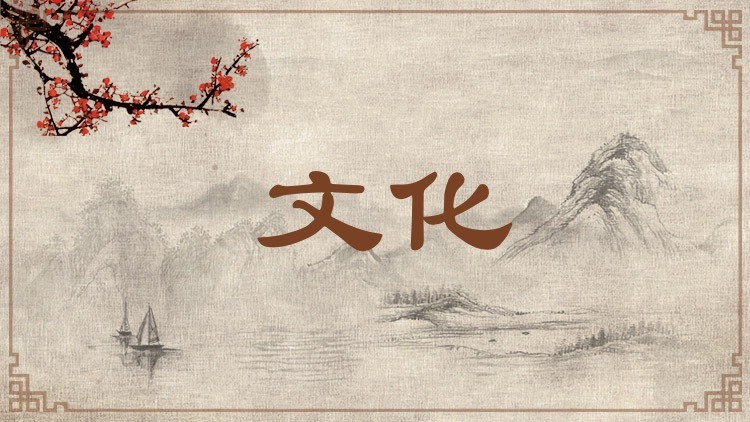Wenhua (Cultural Education)

文治教化,即以礼乐、法度等教化民众。是“人文化成”的略语。本指根据社会实际状况,用合于“人文”的基本精神和原则教化民众,引导民众向善,以达成良好的社会治理状态,最终实现既有差等又有调和的社会秩序。在中国传统语境中,多与“武功”(指运用强力甚至暴力手段实现社会治理)相对,是儒家倡导的治理国家的主要方法。近代以降,用为 culture一词的对译,通常指人类全部精神活动及其成果;在考古学上指同一历史时期的遗迹、遗物的综合体;在日常语用中也指运用文字的能力及所具有的一般知识等。
Wenhua (文化) means to cultivate the populace through rituals, music, laws and so on. The term encapsulates the concept of teaching people essential ideals and principles of human culture while guiding them to embrace goodness so as to build a social order that is both differentiated and harmonious. In the traditional Chinese context, wenhua is the main method of governing the state advocated by Confucianism, as opposed to wugong (武功 the use of force or even violence to achieve social governance). In modern times, wenhua is used as the Chinese equivalent of the word "culture," which usually refers to all human cultural activities and achievements; in archaeology, it refers to the complex of relics and monuments of a given historical period; in everyday language, it also refers to the ability to use language and general knowledge.
引例 Citation:
◎圣人之治天下也,先文德而后武力。凡武之兴,为不服也。文化不改,然后加诛。(刘向《说苑·指武》)
英明的君主治理天下,先使用文德而后才使用武力。但凡使用武力,都是因为有不服从者存在。在文治教化无效时,才采用武力手段。
A wise ruler governs the country with culture and virtue as the first means and then force. Whenever force is used, it is because of the presence of disobedient people. Force is only used when cultural education (wenhua) fails. (Liu Xiang: Garden of Stories)
推荐:教育部 国家语委
供稿:北京外国语大学 外语教学与研究出版社
责任编辑:钱耐安





